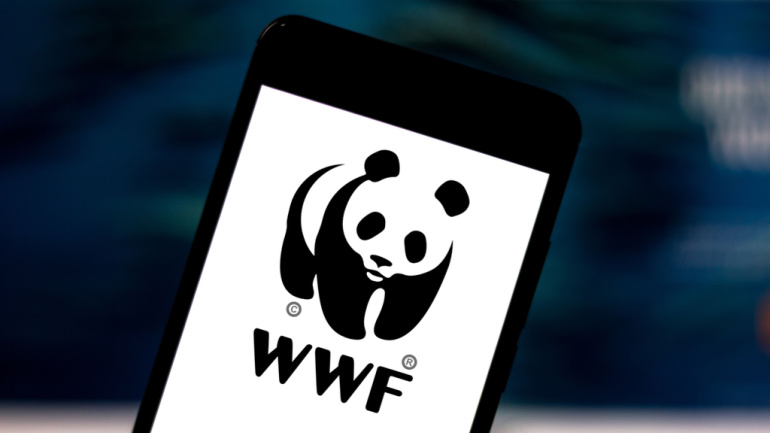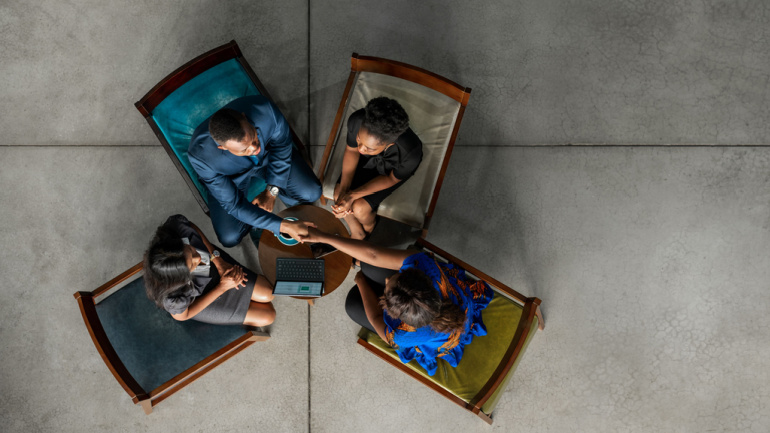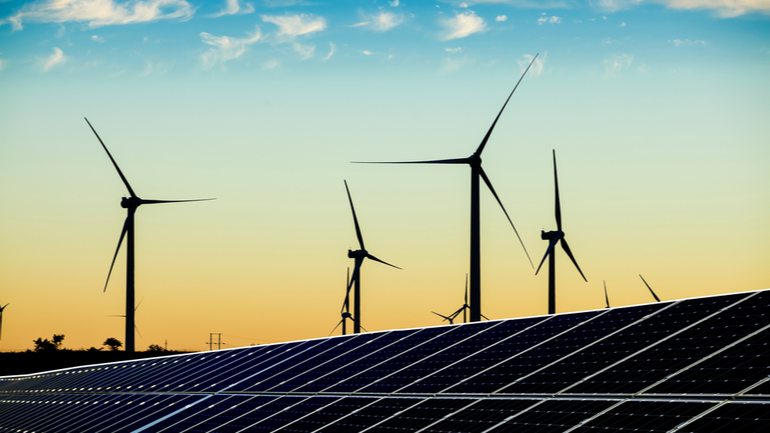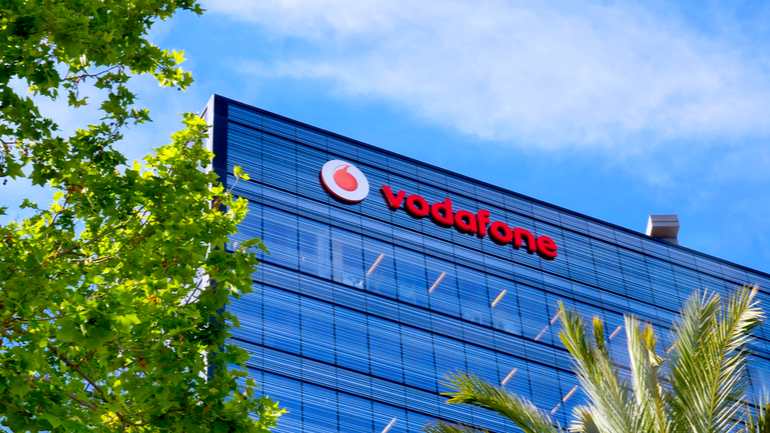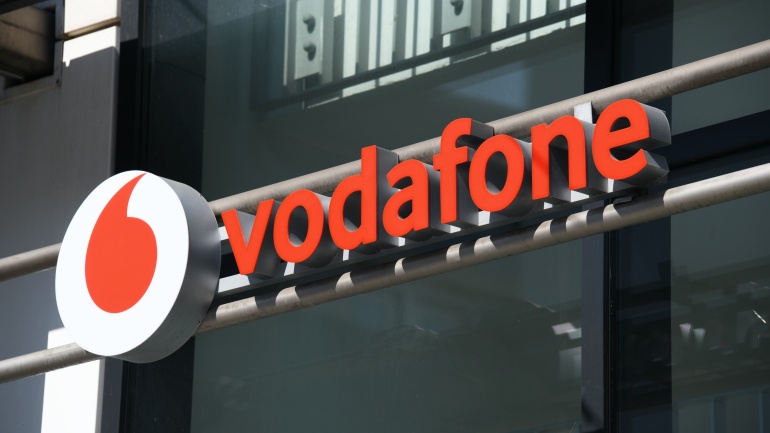Vodafone and WWF have announced a new relationship that will advance the communications company’s net-zero goal for 2040, while enhancing the circular economy through the collecting and recycling of smartphones. The program is a component of Vodafone’s three-year alliance with WWF, with initiatives being focused on assisting customers to make more environmentally friendly decisions. The “One million phones for the planet” campaign went live on November 22nd, 2022 in support of Vodafone’s circularity and net-zero goals. The new project contributes to Vodafone’s goal of reusing, reselling or recycling 100% of its network waste. Additionally, it will accelerate progress toward the company’s flagship net-zero goal. Customers in Europe and Africa will be encouraged to trade in their outdated mobile devices for repair, refurbishment or recycling. Vodafone will donate £1, or the equivalent in local currency, for every phone collected as a contribution to WWF conservation projects all across the…
In an agreement with Altice Europe, Vodafone Group will roll out Fiber-to-the-Home in Germany as part of a €7 billion investment in its largest market. This collaboration complements Vodafone’s well-defined objectives for upgrading its current hybrid fiber cable network. According to a statement released by the two corporations on Monday, FibreCo, a 50/50 fiber partnership between Vodafone and Altice, will deploy fiber optic lines to as many as 7 million residences in Germany. Approximately 70% of the cost will be covered by debt raised by the new company. The transaction is scheduled to be completed in the first half of 2023. The transaction is thought to yield Vodafone up to €1.2 billion in cash proceeds from Altice, which is projected to exceed Vodafone’s portion of stock commitments. The profits include €120 million upon closure, up to €487 million in deferred payments as additional homes are connected, and another…
Vodafone and CK Hutchison are in negotiations to merge their companies in the United Kingdom in order to establish a market-leading mobile network that may advance the roll-out of 5G services and boost Internet accessibility. Combining Vodafone UK with Hutchison’s Three, Britain’s third and fourth largest networks, would result in a company with around 27 million mobile subscribers. Vodafone stated that CK Hutchison would hold 49% of the business and Vodafone would own 51%, an arrangement that would be accomplished by altering debt ownership rather than by trading cash. Reports of a possible partnership between the two companies surfaced earlier this year. The global corporation CK Hutchison stated that no legally binding agreement for such a merger has been entered into, but the proposed acquisition is expected to require that both businesses would integrate their UK companies. CK Hutchison further said that there is no guarantee that any…
‘Vodafone Business UC with RingCentral’ has been introduced to the German market by Vodafone Germany and RingCentral, a supplier of worldwide business cloud communications. The newly released Unified Communications (UC) platform combines RingCentral’s flagship offering, RingCentral Message Video Phone™ (MVP™), with Vodafone’s mobility and 5G technology. Businesses now have another compelling option to migrate from their current infrastructure to the cloud thanks to this new unified communications solution. Vodafone Business UC with RingCentral enables staff to work from anywhere by providing a single app for team messaging, video meetings and a cloud phone system, and it provides a flexible yet dependable solution to handle the complexities of everyday work. In order to make communication and collaboration easier, this highly secure system offers call recording, HD video meetings, and many other new features. End users will also benefit from the numerous distinctive features, such as the AI-based Advanced Meeting…
The UK’s first live wind and solar-powered mobile phone mast has been activated in Pembrokeshire (Wales) by Vodafone UK. The self-powered mast will provide 4G service to the community of Eglwyswrw and will be powered by a wind turbine, solar panels and on-site battery storage. The new mast contributes to Vodafone’s goal of achieving net zero emissions by 2027 for its UK operations. The mast is meant to eliminate the requirement for a connection to the national energy grid, a strategy that will assist in delivering connectivity in rural and distant places that are now without those critical services. The mast is equipped with a one-of-a-kind wind turbine that can generate electricity even in low wind conditions and can be deployed without the need for electrical connections. This infrastructure is also extremely quiet, making it ideal for installation in sensitive locations. The study is being carried out…
Oracle Communications has been chosen by Vodafone UK to lead the network policy for its standalone 5G network. Vodafone will be able to make more intelligent policy decisions and swiftly test and deploy new services using Oracle’s cloud native network policy management technology as part of its 5G core. Customers will be able to get their hands on exciting new 5G options sooner, thanks to this new agreement, which includes holographic calls, lag-free 5G game streaming and film downloads up to 4X faster than 4G networks. The solution, which is comprised of Oracle’s 5G Core Policy Control Function (PCF) and Policy and Charging Rules Function (PCRF), enables the implementation of sophisticated network policies across wireless, fixed and cable networks, as well as IoT and machine-to-machine (M2M) networks. In the case of Vodafone, the solution will provide data from which Vodafone customers may select the optimal network offer…
Vodafone and Iliad are in negotiations to merge their respective businesses in Italy. Such a merger would provide advantages for both corporations in one of Europe’s most competitive markets and should be positive for the industry in general. Discussions between the two corporations are ongoing, and both sides are actively looking for ways to connect their separate businesses together in Italy. If the merger is approved, it will create a telecommunications giant with over 36% mobile market penetration and combined sales of nearly $6.80 billion. Vodafone and The Iliad both declined to comment on the negotiations. The talks take place as the local incumbent, Telecom Italia, continues to evaluate a $12.25 billion acquisition offer from US investor KKR aimed at taking Italy’s largest phone business private. Industry leaders have frequently recommended the pursuit of four-to-three telecom mergers, which may generate cost synergies and boost margins by reducing…
The BMW Group is the first premium vehicle manufacturer to incorporate the 5G mobile radio standard into a globally available production car with the BMW iX, and Vodafone is the first company to sell a 5G mobile radio contract for such a vehicle. As a result of this collaboration, iX drivers will be able to sign up for a contract that will enhance their mobile connectivity, while also allowing the iX to communicate with other vehicles on the road. Participating drivers must have a current Vodafone multi-SIM contract that can be extended with the Vodafone One Number Car option, which activates their personal eSIM in the vehicle. According to BMW, this turns the automobile into another networked gadget for consumers, similar to a smartwatch. For the first time, Vodafone and the BMW Group will use a personal eSIM and the Vodafone One Number Car program to link the…
Vodafone, in partnership with Nokia, has released a machine learning (ML) solution, operating on Google Cloud, to rapidly detect and eliminate network anomalies before they affect Vodafone’s end customers. Built using Nokia Bell Labs technology, the Anomaly Detection Service automatically recognizes unusual behavior in a mobile cell area. Typically, this behavior, if unnoticed for a prolonged period of time, could affect the quality of service. The solution gives Vodafone engineers the ability to rapidly resolve issues such as congestion on mobile sites, interference, unexpected delays, difficulties in transferring calls between different cells and call setup failures. Besides anomaly detection, the algorithm also pinpoints patterns of change that allow Vodafone to address performance issues before they affect the customer. The operator forecasts that the anomaly detection service will be able to automatically detect and resolve 80% of mobile network problems and capacity needs. This new innovative solution is…
Vodafone and Google Cloud have announced a six-year strategic partnership to promote the use of reliable and secure data analytics and insights in support of new digital products and services that will be introduced to Vodafone’s customers around the world. Under the terms of the expanded agreement, the companies will work together to create a new and robust integrated data platform with additional capabilities to process and transfer huge amounts of data worldwide from numerous systems to the cloud. As part of the six-year contract, Vodafone will also transfer data from its own servers to Google Cloud. The platform “Nucleus” will feature a new system – “Dynamo”. This platform will manage data across Vodafone to offer its customers new, customized products and services in a variety of markets. The platform will be able to process about 50 terabytes of data per day in the cloud, which equates to…



